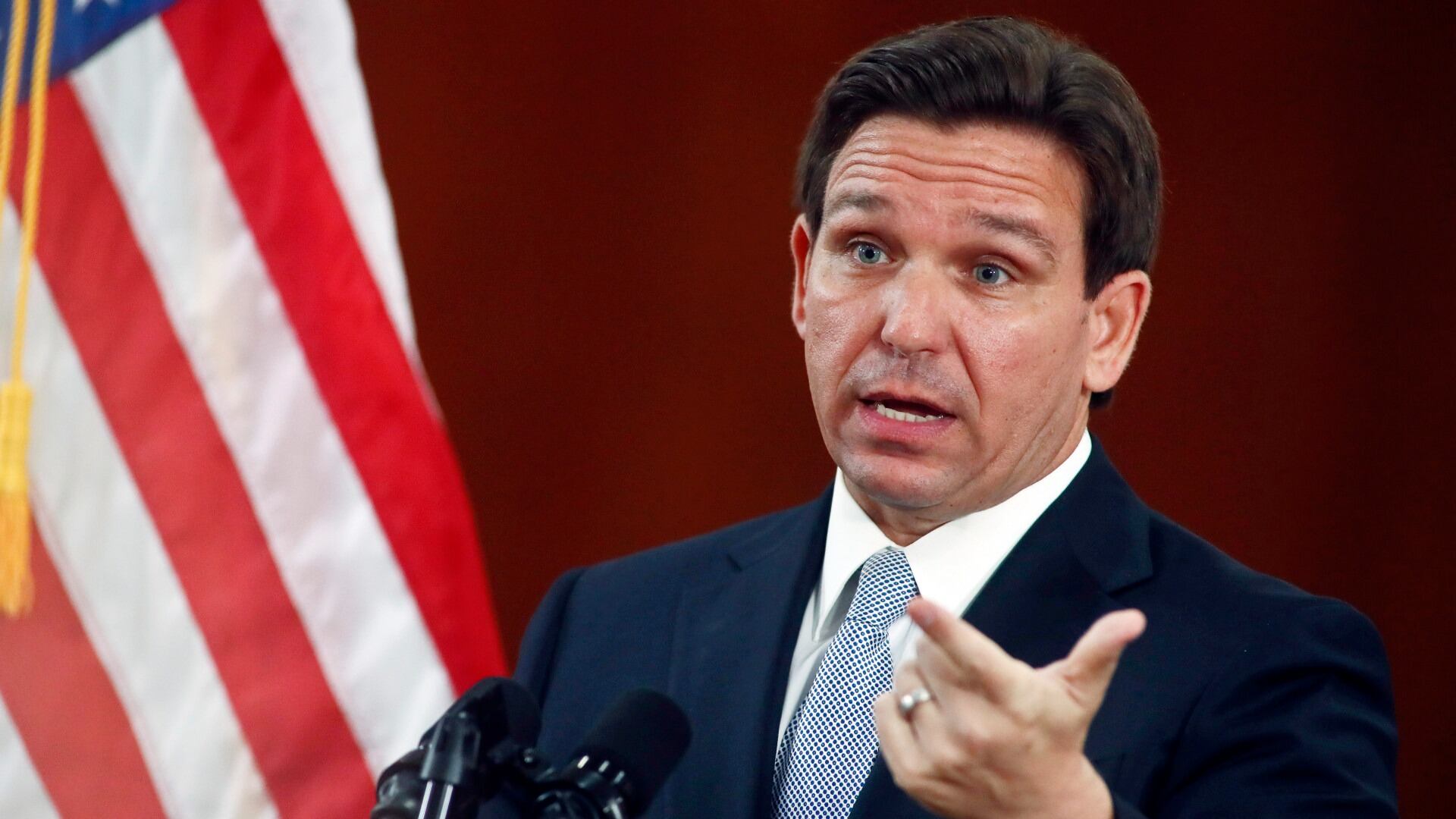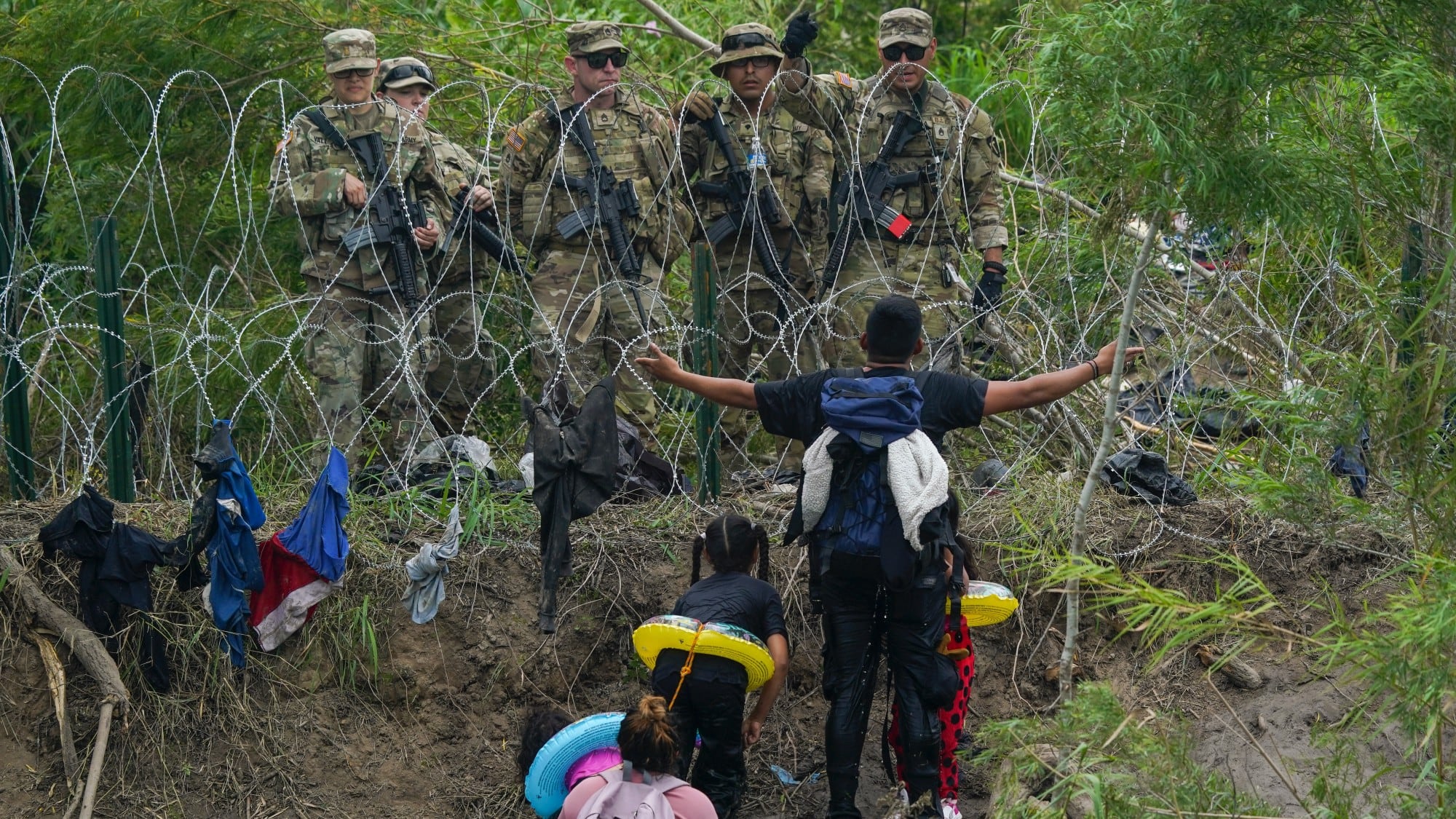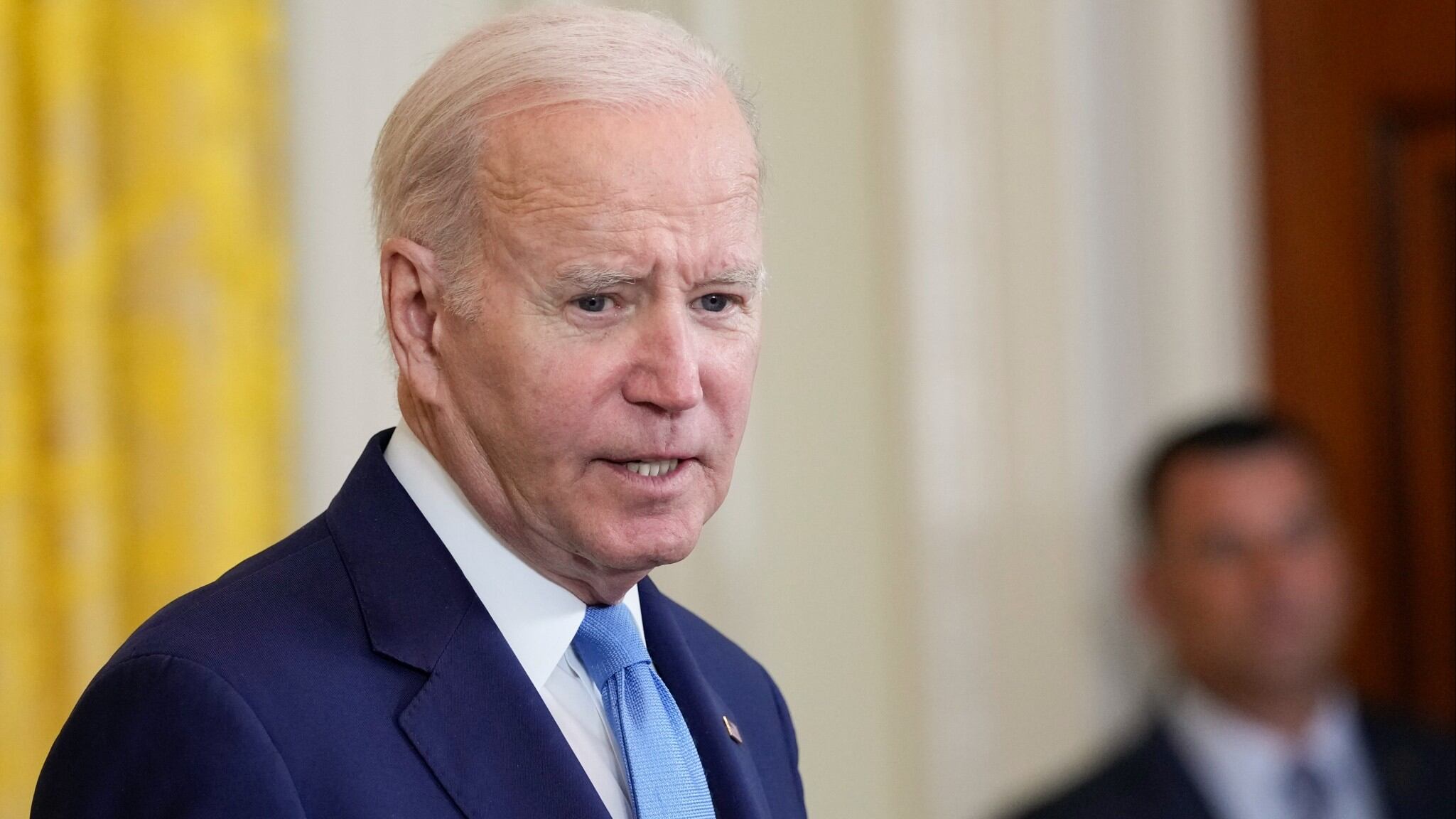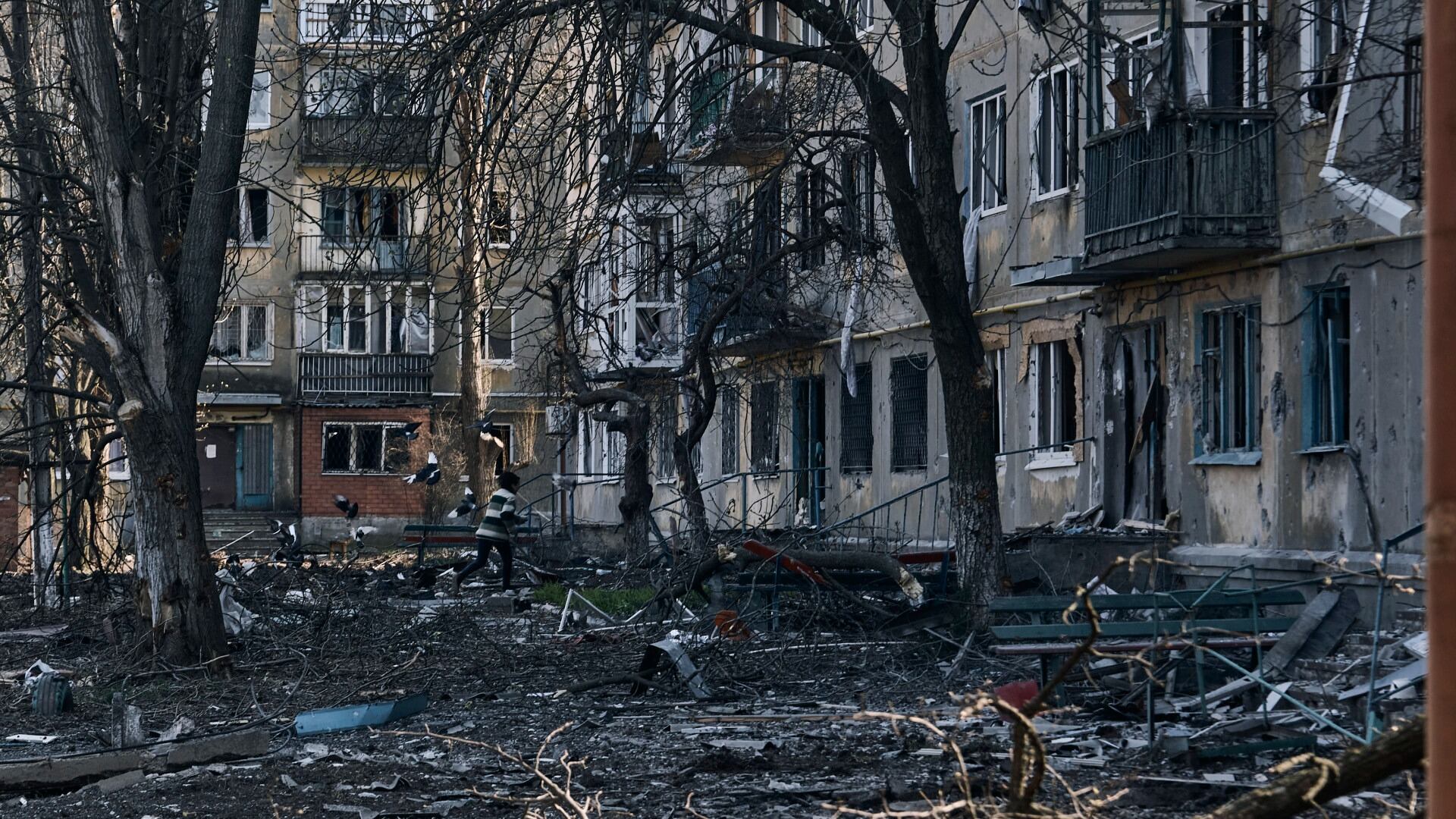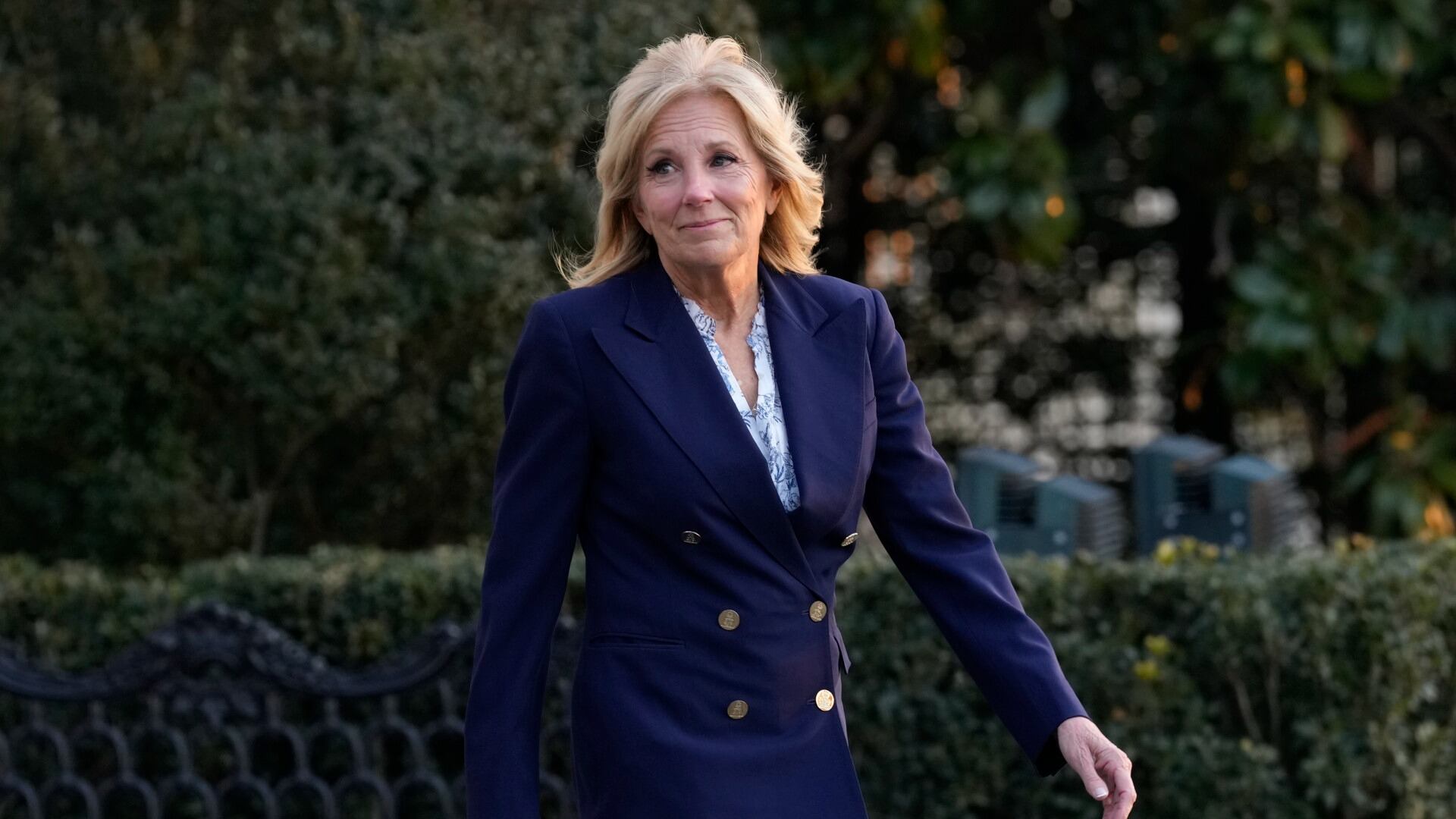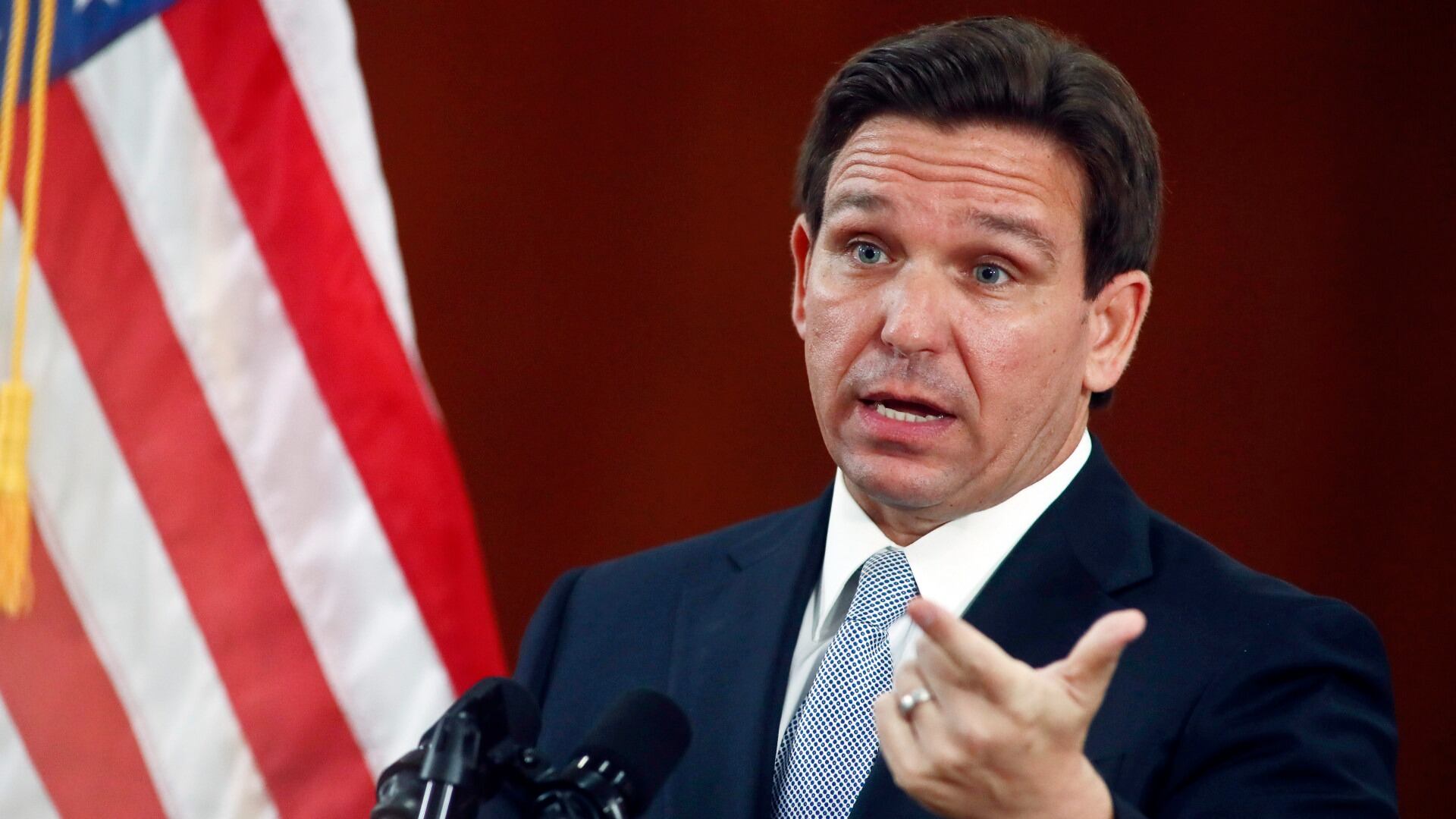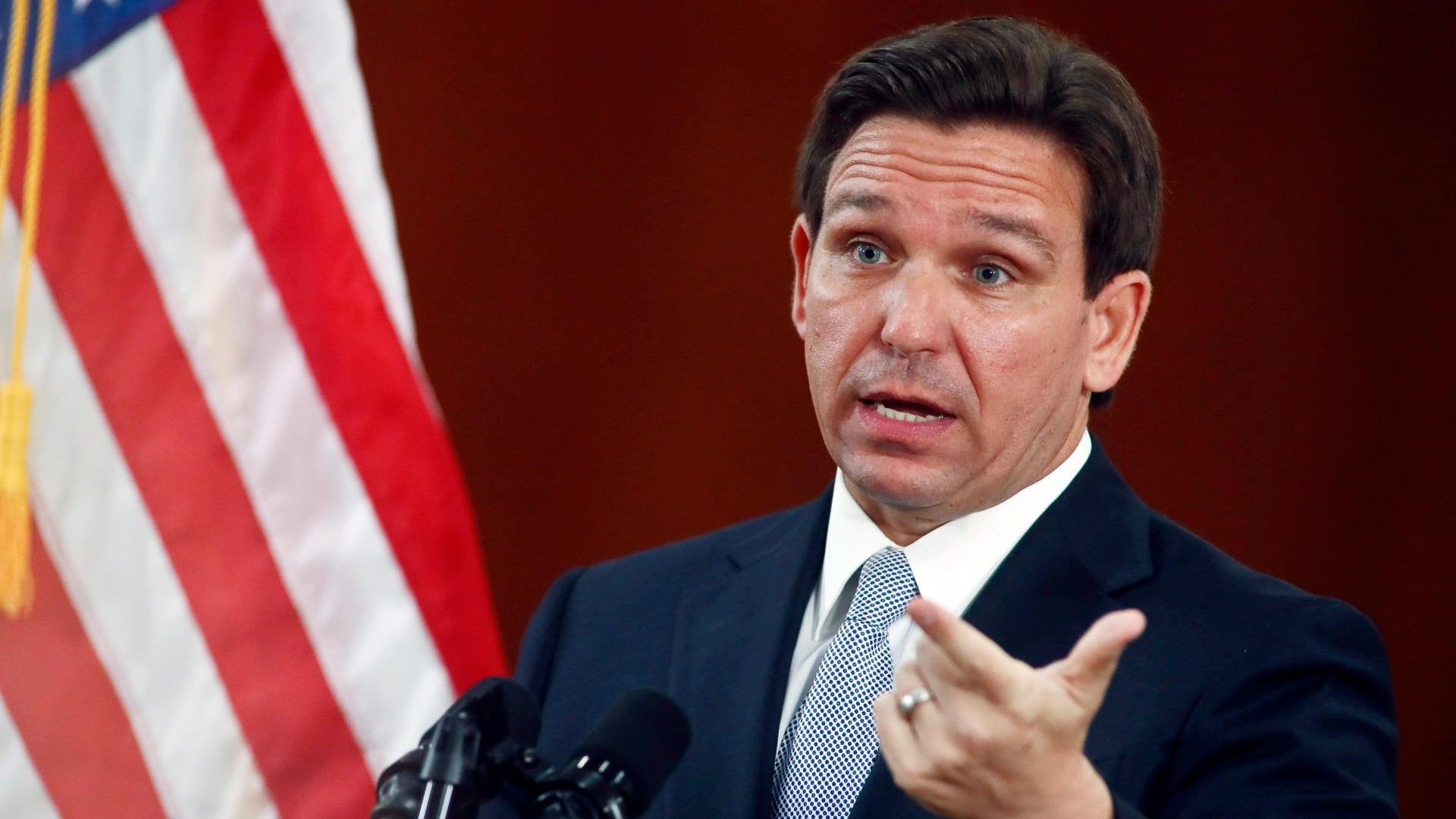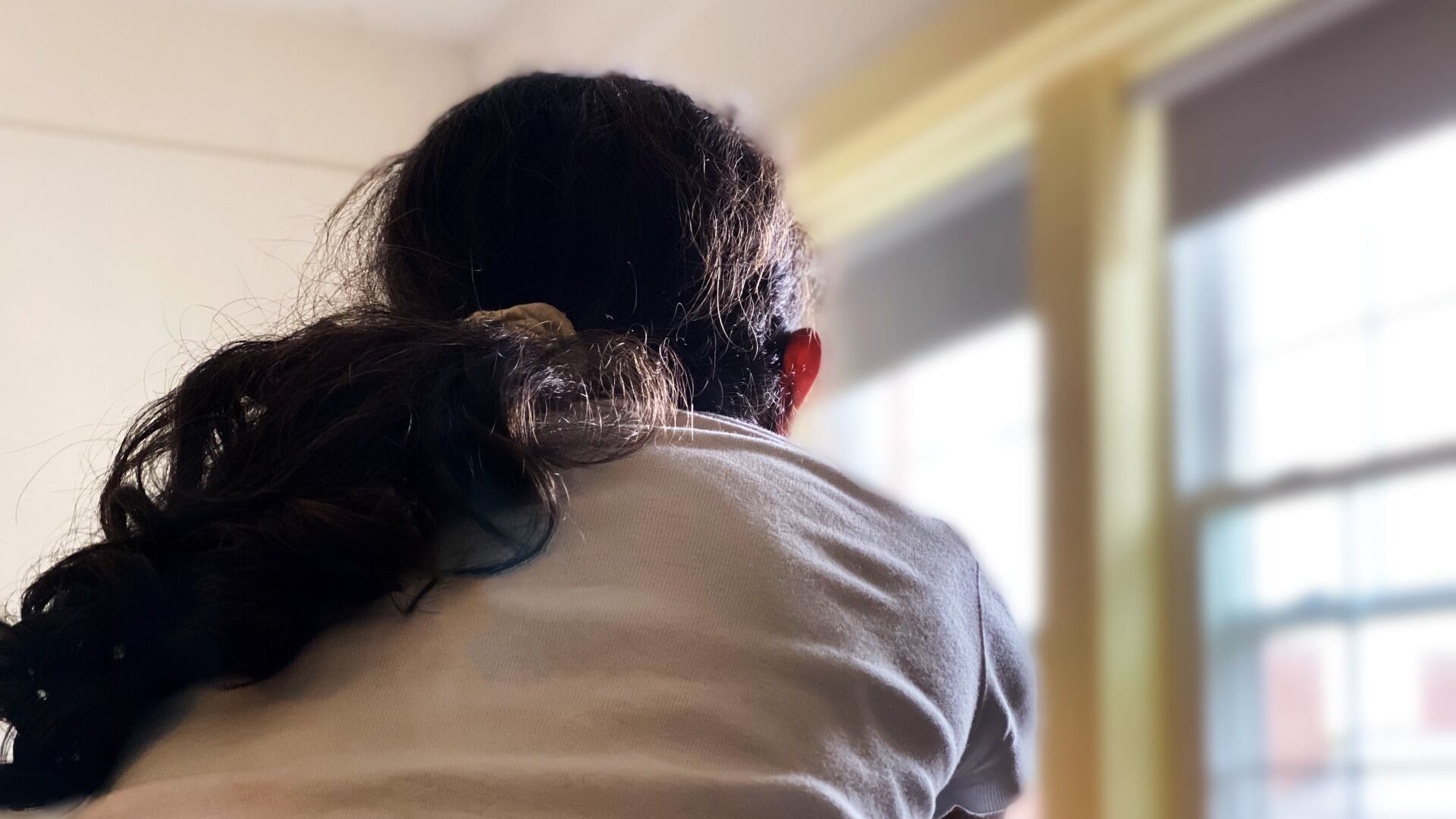Politicians, the media, and the markets have all responded negatively to President Trump’s proposed tariffs on steel and aluminium. But Congresswoman Marcy Kaptur (D-OH) has a different perspective. The trade war concerns won’t materialize “if you have a good agreement,” she told Cheddar. “We need trade parity, we need reciprocity in trade.” She pointed out that China churns out 2.3 billion metric tonnes of steel every year when the world only uses 1.5 billion. “You’ve got this enormous overhang on the global market...so America ends up being the dump market and our workers get put out of work.” However, China’s steel manufacturing muscle doesn’t necessarily impact the U.S. market. In 2017, the U.S. got most of its steel from Canada and Mexico, according to the [Commerce Department](https://www.trade.gov/steel/countries/pdfs/imports-us.pdf). On Wednesday, the White House announced certain markets, such as Canada and Mexico, may be exempt from the proposed 25 percent tax on steel imports and 10 percent tariffs on aluminium. The administration is expected to make the official announcement on them later this week.
